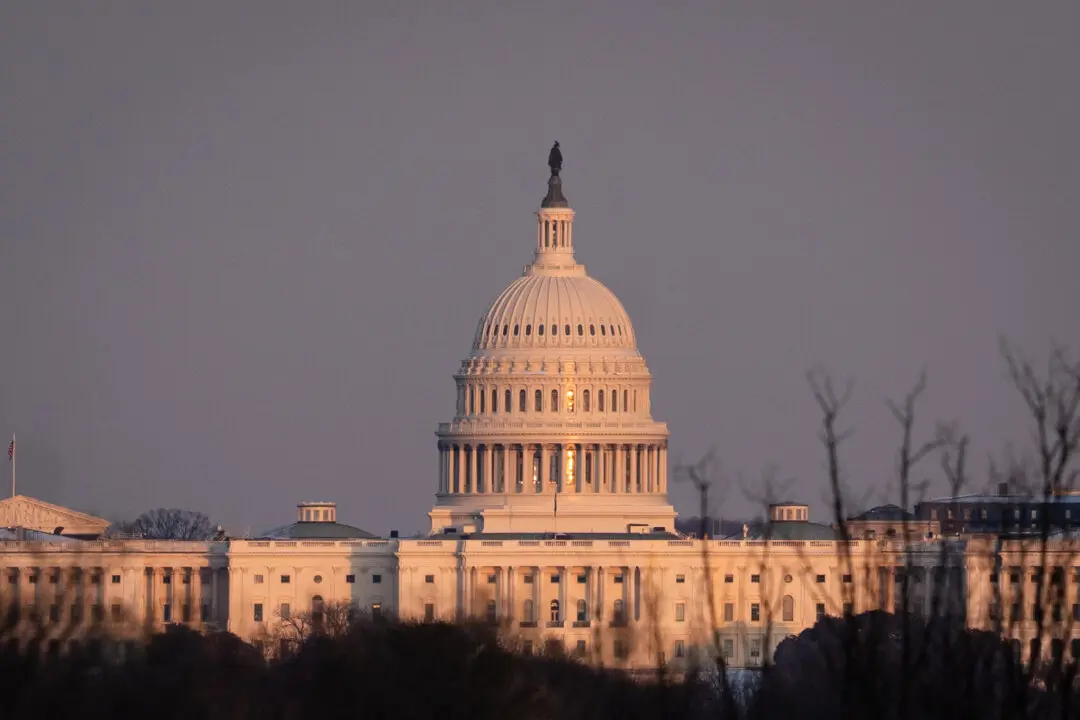Tesla CEO Elon Musk expects the U.S. economy to endure a period of “stormy weather” over the next year amid a blend of higher interest rates, tighter lending conditions, and layoff concerns. The latest reports from the first-quarter earnings season and the Federal Reserve’s “Beige Book,” a monthly report of business survey responses, might support his prognostication.
Tesla shares fell by about 4 percent in after-hours trading on April 19 after the electric vehicle maker released its first-quarter earnings report. The company reported per-share earnings of 85 cents, matching market expectations. It also recorded $23.33 billion in revenue, topping estimates of $23.21 billion. However, profit slumped by 24 percent year-over-year to $2.51 billion, below expectations of $2.6 billion.





